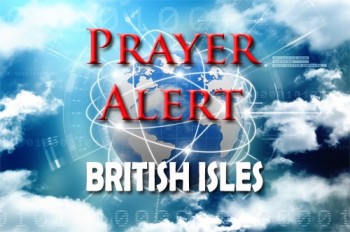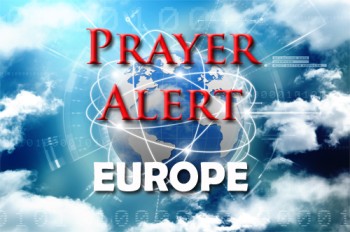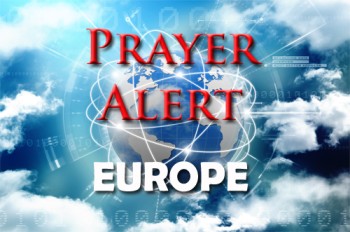BBC chief ‘appalled’ by anti-IDF chants
BBC director-general Tim Davie has told Jewish staff he is 'appalled' by anti-IDF chants during punk band Bob Vylan’s Glastonbury set, acknowledging 'deep upset' among employees. The band led some of the crowd in chanting 'Death to the IDF’, remarks Davie condemned as 'deeply offensive'. Though he attended the festival, the BBC’s livestream of the performance remained online for hours before removal, sparking criticism from staff, the Chief Rabbi, and government ministers. Culture secretary Lisa Nandy demanded rapid reforms, criticising the broadcaster’s handling of the incident and its earlier decision to withdraw a Gaza documentary linked to a Hamas official’s son. Meanwhile, over 400 figures, including BBC staff and prominent artists, signed an open letter accusing the BBC of failing to report critically on Israel’s actions and UK arms sales. The controversy adds to growing internal and external scrutiny of the BBC’s leadership and editorial decisions. Davie insists that there is no place for antisemitism at the BBC.
Ukraine: USA pauses munitions shipment, Russia launches huge aerial assault
US defence secretary Pete Hegseth has paused a planned shipment of advanced munitions to Ukraine amid growing concern over the country’s depleted stockpiles of weapons. The delay, stemming from a defence department review, affects key systems including Patriot interceptors and Hellfire missiles. This reassessment follows years of military aid to Ukraine and operations in the Middle East. While the Biden-era packages had approved these shipments, some are now being withheld, even after arriving in the region. The White House defended the move as prioritising US interests, but Ukrainian officials expressed frustration, calling the decision painful and warning that delays embolden Russian aggression. With Russia intensifying missile and drone attacks - launching the largest aerial assault since the 2022 invasion - Ukrainian leaders stressed the urgency of air defence support. Donald Trump has expressed a desire to supply Patriot missiles but acknowledged shortages. The pause comes as the USA also works to broker a ceasefire in the ongoing war.
Europe: severe heatwave, record temperatures, wildfires
A severe early-summer heatwave is scorching much of Europe, triggering wildfires, evacuations, and health alerts across multiple countries. In Turkey, over 50,000 people have been evacuated due to wildfires, especially near Izmir. France has faced peak temperatures of 40°C, with wildfires prompting evacuations. Spain is on track for its hottest June ever, with Seville reaching 42°C. Italy issued red heat alerts for 16 cities and may restrict working outdoors. Germany is also issuing warnings, urging water conservation while facing disrupted river shipping because the water level of the Rhine has dropped. UN secretary-general António Guterres has commented, ‘Extreme heat is no longer a rare event – it has become the new normal.’ Heatwaves are already the world’s deadliest weather hazard, killing nearly half a million people annually, surpassing the toll from floods, hurricanes, and earthquakes combined.
Iran raises death toll, fails to guarantee safety for nuclear inspectors
The official Iranian death toll from the recent twelve-day war with Israel has been raised to 935, including 38 children and 132 women, based on new forensic data. Iranian officials accused Israel of war crimes and vowed to present evidence to international bodies. The government also criticised Donald Trump’s rhetoric about potential further strikes and sanctions, dismissing his remarks as psychological manipulation rather than genuine diplomacy. Meanwhile, tensions have risen over the International Atomic Energy Agency (IAEA). Officials have condemned its ‘double standards’, and have said that its boss Rafael Grossi is not welcome in Iran. They have also refused to guarantee the safety of nuclear inspectors. Western nations have condemned the threats against Grossi and urged Iran to maintain cooperation with the IAEA.











